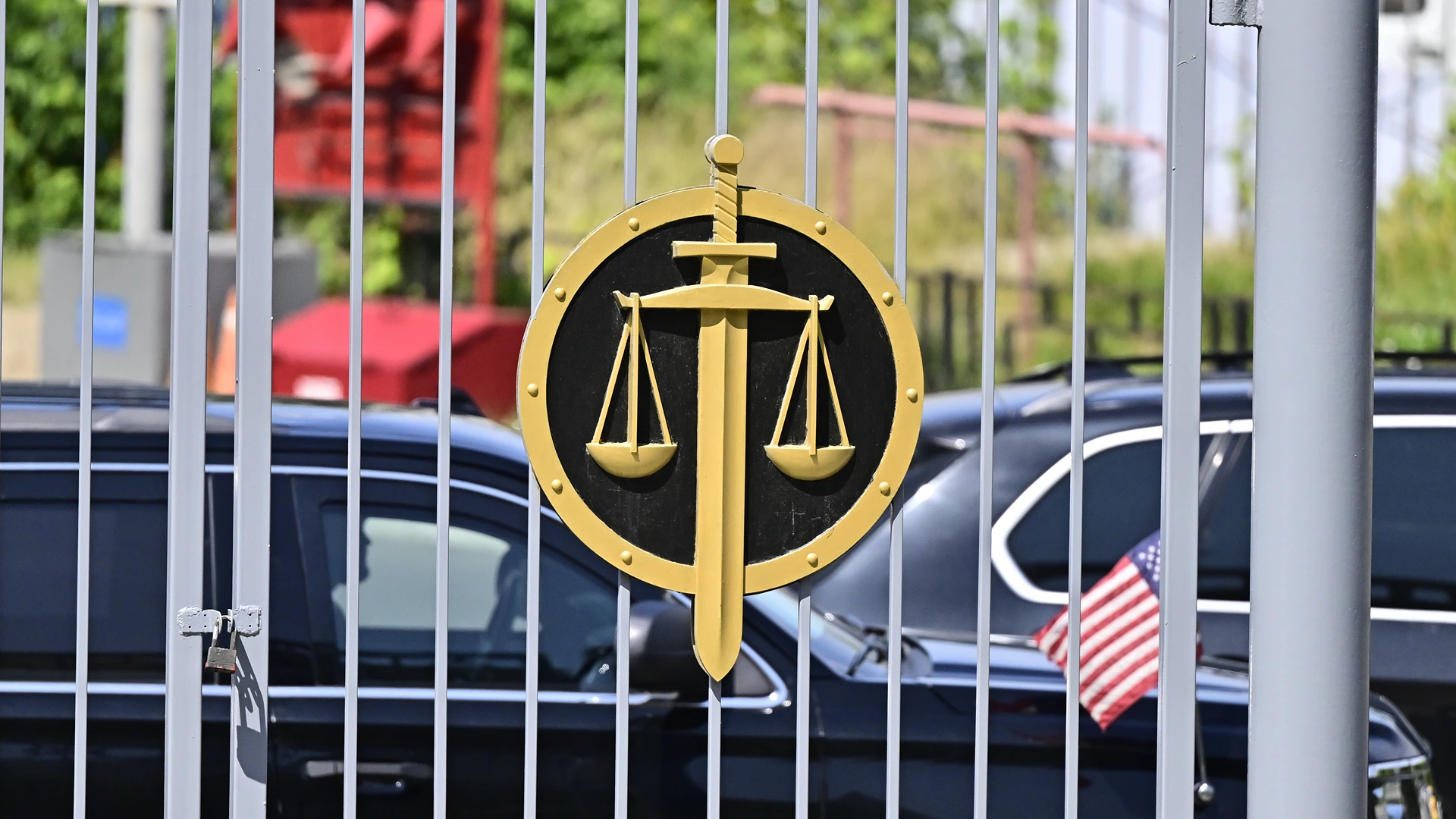Russian Cryptocurrency Holders Must Disclose to Federal Tax Service or Lose Legal Protection

Key Takeaways
- If cryptocurrencies haven't been reported to the tax authorities, Russian courts are dismissing crypto-related claims.
- Legal professionals argue that this infringes upon the rights of citizens and provides no avenue for seeking judicial recourse.
- A legal professional has contested the regulation in the Constitutional Court, arguing that there was an absence of a clearly defined process.
Russian residents are encountering a fresh obstacle in safeguarding themselves. crypto rights in court They must initially disclose their digital assets to the Federal Tax Service (FTS).
If that declaration isn’t made, courts are dismissing their claims, which attorneys argue goes against fundamental constitutional rights.
-
Exchanges How to Buy Crypto
-
Wallets Ways to Purchase Cryptocurrency Using a Credit Card
-
Casinos Best Crypto Casinos
Russia’s Latest Cryptocurrency Tax Challenge
According to Russian news outlet RBC This originates from Section 6 of Article 14 of the federal law titled "On Digital Financial Assets."
The statement indicates that courts will entertain crypto-related disputes solely when the claimant has informed the FTS about their wallet and transactions.
Nevertheless, there’s a caveat: an official protocol for this notification hasn’t been established yet.
Attorney Marat Amanlieiv has submitted a complaint to the Constitutional Court following the dismissal of a client's case precisely due to this issue.
He contends that the present legislation practically obstructs justice accessibility and contravenes constitutional guarantees.
"As a result, meeting this requirement is unachievable, thereby making it impossible to seek recourse through legal means," Amanliev stated.
"It must be emphasized that the entitlement to legal recourse cannot be restricted under any conditions. Fulfilling this condition would be unfeasible, thereby denying crypto asset holders their protective rights," he pointed out.
The attorney contended that, unlike with assets like real estate or cars—where individuals have the ability to uphold their rights regardless of lacking previous state communication—crypto owners are not afforded this identical safeguard.
Regulation or Roadblock?
Russia formally adopted cryptocurrency in 2024 , legalizing mining and cross-border payments , and implementing a tax framework.
Nevertheless, the execution has encountered some hitches. For example, mining was later banned In specific areas lacking sufficient energy resources, this exposes flaws within the policy.
A comparable inconsistency is emerging regarding taxation. Attorneys contend that mandating disclosure prior to bestowing legal privileges, without offering a means for compliance, violates constitutional principles.
The core of the problem revolves around the distinction between claiming ownership and submitting tax returns.
As Amanliev points out, the conflict isn't centered around unreported taxes; instead, it revolves around being prevented from lodging a legitimate complaint due to the absence of an authorized method for declaring cryptocurrency assets.
Post a Comment for "Russian Cryptocurrency Holders Must Disclose to Federal Tax Service or Lose Legal Protection"